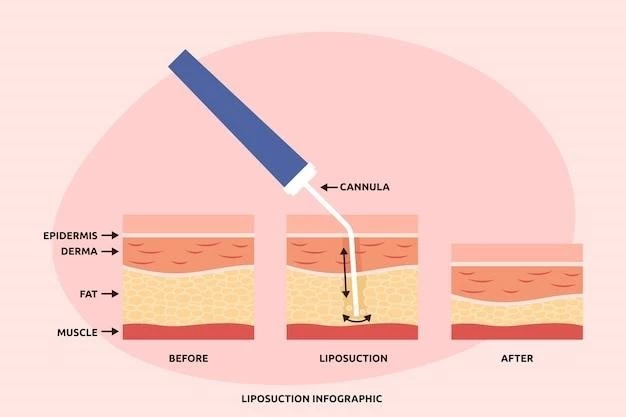Understanding the causes of Aplasia Cutis, particularly the autosomal recessive form, is crucial. Recognizing the symptoms and signs early on is vital for prompt diagnosis. Exploring treatment options, genetic counseling, and prognosis is essential. Addressing potential complications, staying updated on research and innovations, as well as accessing support and resources are key components of a comprehensive plan for Aplasia Cutis.
Causes of Aplasia Cutis Autosomal Recessive

Aplasia Cutis Autosomal Recessive is primarily caused by genetic factors. Mutations in specific genes inherited from both parents contribute to this rare condition. These genes play a crucial role in the development of the skin during fetal growth, leading to the absence of skin in localized areas. Understanding the genetic components involved is key to comprehensively addressing this form of Aplasia Cutis.
Symptoms and Signs of Aplasia Cutis
Aplasia Cutis presents with various symptoms and signs depending on the severity and location of the skin defects. Common manifestations include localized absence of skin, which may appear as thin membranous tissue or even expose underlying structures like bone. In some cases, hair may be missing in the affected areas. Understanding these clinical signs is crucial for accurate diagnosis and management of Aplasia Cutis.
Treatment Options for Aplasia Cutis
The treatment of Aplasia Cutis varies based on the size and location of the skin defects. In some cases, conservative management involving wound care and protection may be sufficient for healing. Surgical interventions such as skin grafting or local flaps are options for larger or non-healing wounds. Understanding the available treatments and their outcomes is essential in developing a tailored approach to managing Aplasia Cutis.
Genetic Counseling for Aplasia Cutis
Genetic counseling plays a vital role in Aplasia Cutis cases with autosomal recessive inheritance patterns. It provides crucial information about the condition’s genetic basis, recurrence risks for future pregnancies, and available testing options. Genetic counselors guide families in making informed decisions regarding family planning and prenatal testing. Understanding the genetic aspects through counseling can help individuals navigate the complexities associated with Aplasia Cutis.
Prognosis and Outlook for Aplasia Cutis
The prognosis of Aplasia Cutis varies depending on factors such as the size and depth of the skin defects, presence of associated anomalies, and promptness of treatment. In general, smaller and isolated lesions have a better prognosis compared to larger or complex cases. With timely intervention and appropriate management, many individuals with Aplasia Cutis can achieve favorable outcomes. Continuous monitoring and follow-up care contribute to a positive long-term outlook for those affected by this condition.
Complications Associated with Aplasia Cutis
Aplasia Cutis can lead to various complications depending on the size and location of the skin defects. Common complications include infection, scarring, and potential underlying tissue or organ involvement. Healing difficulties and cosmetic concerns may also arise. In some cases, Aplasia Cutis may be associated with other developmental abnormalities, further complicating the condition. Early recognition of complications and appropriate management are essential in optimizing outcomes for individuals with Aplasia Cutis.
Research and Innovation in Aplasia Cutis
Ongoing research in Aplasia Cutis focuses on understanding the genetic mechanisms underlying the condition, exploring novel treatment modalities, and identifying potential preventive strategies. Innovations in tissue engineering, regenerative medicine, and genetic therapies offer promising avenues for improving the management and outcomes of Aplasia Cutis. Collaborative efforts among researchers, clinicians, and advocacy groups drive advancements in the field, paving the way for enhanced care and support for individuals affected by Aplasia Cutis.
Support and Resources for Aplasia Cutis Patients
Individuals and families affected by Aplasia Cutis can benefit from a range of support services and resources. Patient advocacy groups, online forums, and counseling services offer emotional support and information sharing. Access to specialist healthcare professionals, including dermatologists and genetic counselors, is essential for comprehensive care. Educational materials, financial assistance programs, and community networks play a crucial role in empowering patients and caregivers to navigate the challenges associated with Aplasia Cutis.
